SUMMARY
This is AI generated summarization, which may have errors. For context, always refer to the full article.
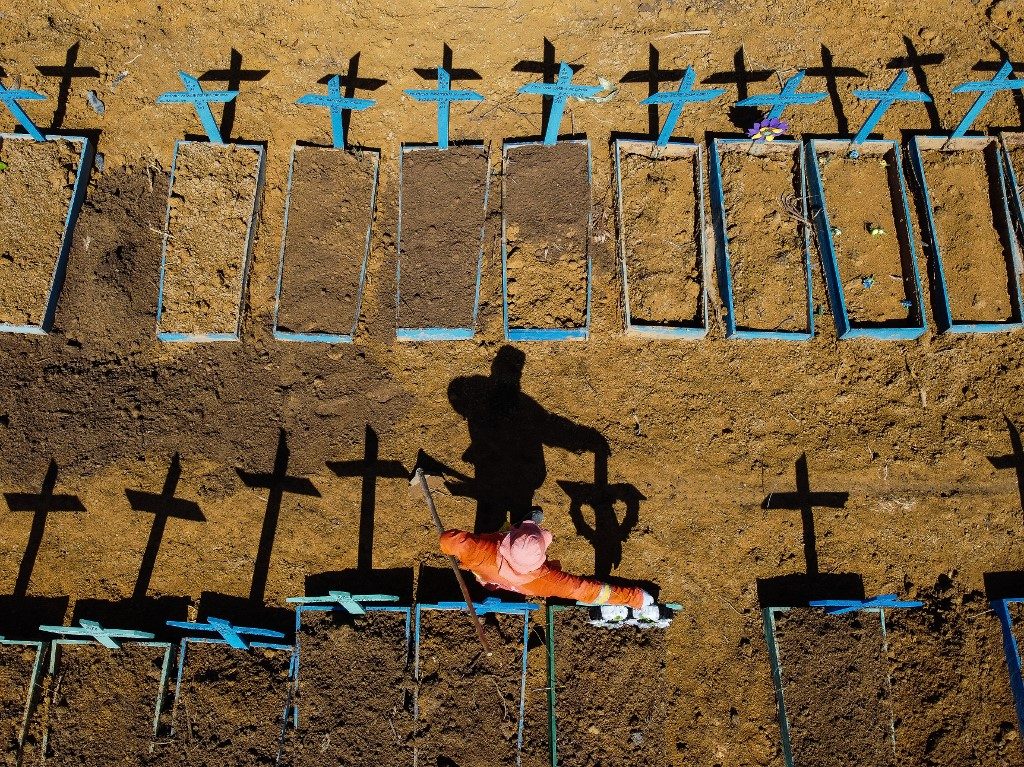
The Brazilian city of Manaus, which was devastated by the coronavirus pandemic, may have suffered so many infections that its population now benefits from “herd immunity,” according to a preliminary study.
Published on the website medRxiv, the study analyzed infection data with mathematical modeling to estimate that 66% of the population had antibodies to the new coronavirus in Manaus, where the pandemic’s passage was as fast as it was brutal.
That may be sufficiently high to have reached the threshold of herd immunity, in which enough members of a population are immune to a disease that it can no longer spread effectively, said the study’s authors, a group of 34 Brazilian and international researchers.
“The unusually high infection rate suggests that herd immunity played a significant role in determining the size of the epidemic,” they wrote in the study, which has yet to undergo peer review.
“All signs indicate that it was the very fact of being so exposed to the virus that brought about the reduction in the number of new cases and deaths in Manaus,” the study’s coordinator, University of Sao Paulo medical professor Ester Sabino, told the Sao Paulo State Research Support Foundation (Fapesp), which helped fund the study.
Situated in the Amazon rainforest, Manaus was the scene of gruesome images of overrun hospitals, mass graves, and corpses piled in refrigerator trucks when the pandemic was at its peak there in May.
But deaths in the city of 2.2 million people have fallen dramatically in recent weeks, to an average of just 3.6 per day over the past 14 days.
Manaus is now one of the cities reopening fastest from lockdown in Brazil, the country with the second-highest death toll worldwide, after the United States, with nearly 139,000 people killed.
That includes schools, businesses, nightlife, and its famed opera house.
However, health experts cautioned that attempting to reach herd immunity was a dangerous path for policy makers.
“Community immunity via natural infection is not a strategy, it’s a sign that a government failed to control an outbreak and is paying for that in lives lost,” tweeted Florian Krammer, professor of microbiology at the Icahn School of Medicine at Mount Sinai Hospital in New York.
Other experts cautioned that immunity to the virus may be short-lived.
Manaus has registered 2,462 deaths from COVID-19.
If it were a country, it would have the second-highest mortality rate in the world, at 100.7 deaths per 100,000 population. – Rappler.com
Add a comment
How does this make you feel?


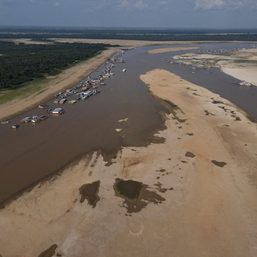
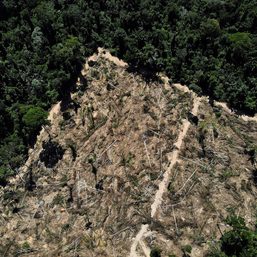
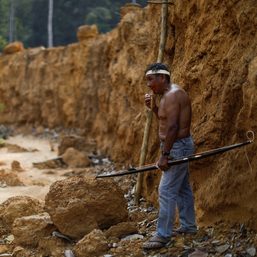
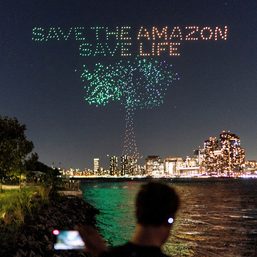
There are no comments yet. Add your comment to start the conversation.